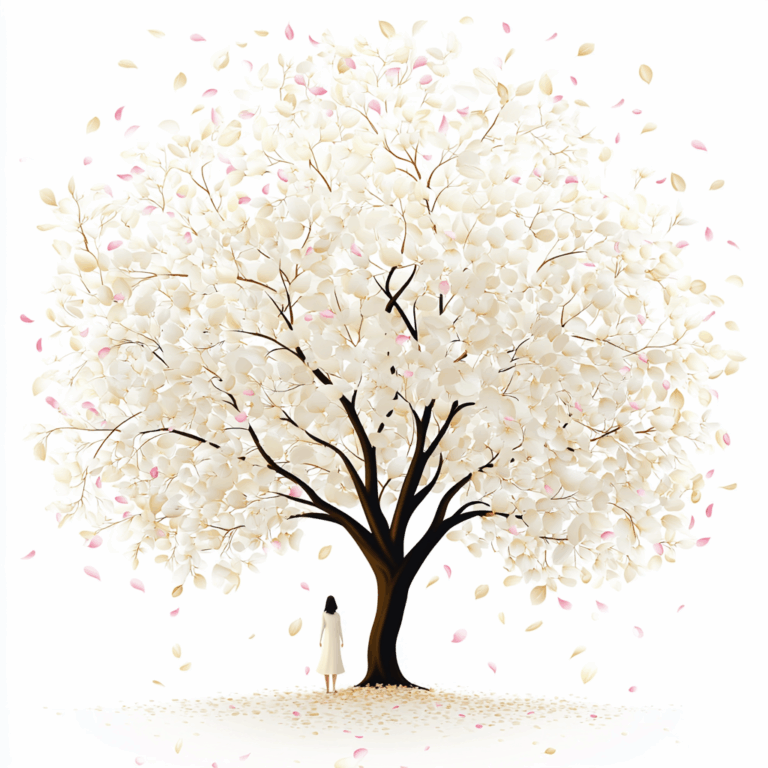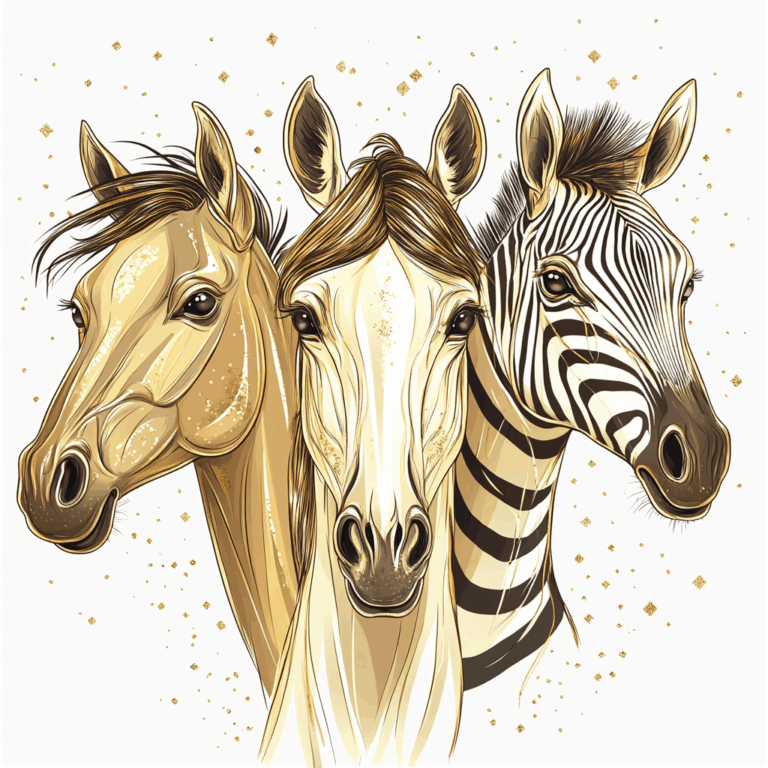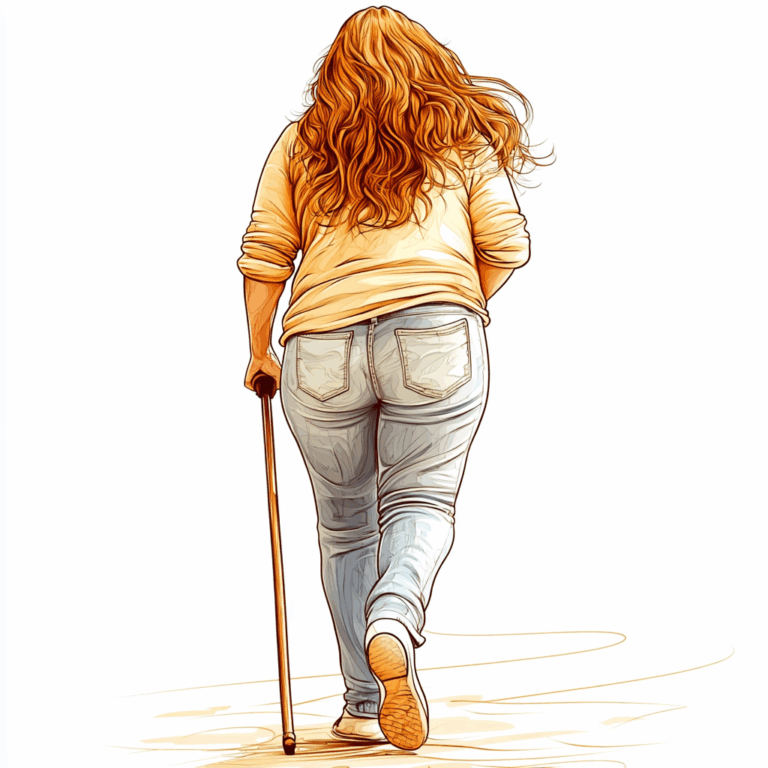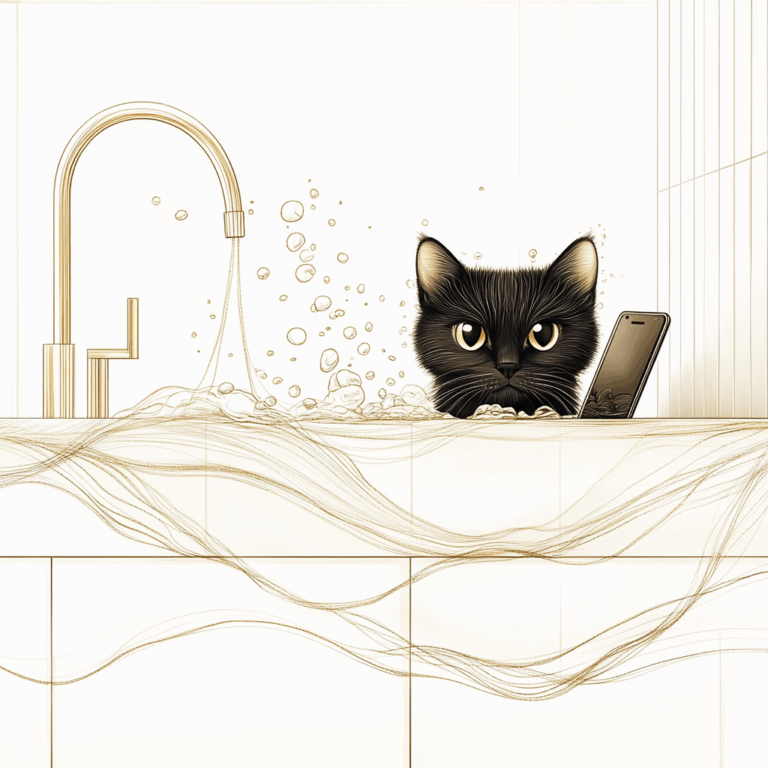Is there a grand design to our lives, or is it all just chance? The last thirteen months have been a profound lesson in asking that question. When I was working in a nursing home during the early days of the pandemic, I saw devastation and wondered if we were "supposed" to learn something. The answer I got then was simple: "nope, some things just happen."
But looking back, I realize we did learn—not the spiritual lesson I was looking for, but a thousand smaller, more powerful ones. We learned empathy for silent heroes, we learned about ourselves, and we learned just how important our own autonomy is.
Now, as I face my own health challenges with MS, I am seeing connections everywhere. The person I met during my college practicum, the resident I worked with in 2020—their stories feel tied to mine, not by coincidence, but by a shared experience of loss, struggle, and the fierce desire for control.
I don't know if everything happens for a reason, but I do think there are lessons all around us. Maybe the secret isn’t in the reason, but in the willingness to look for them, and the courage to let them teach us.












